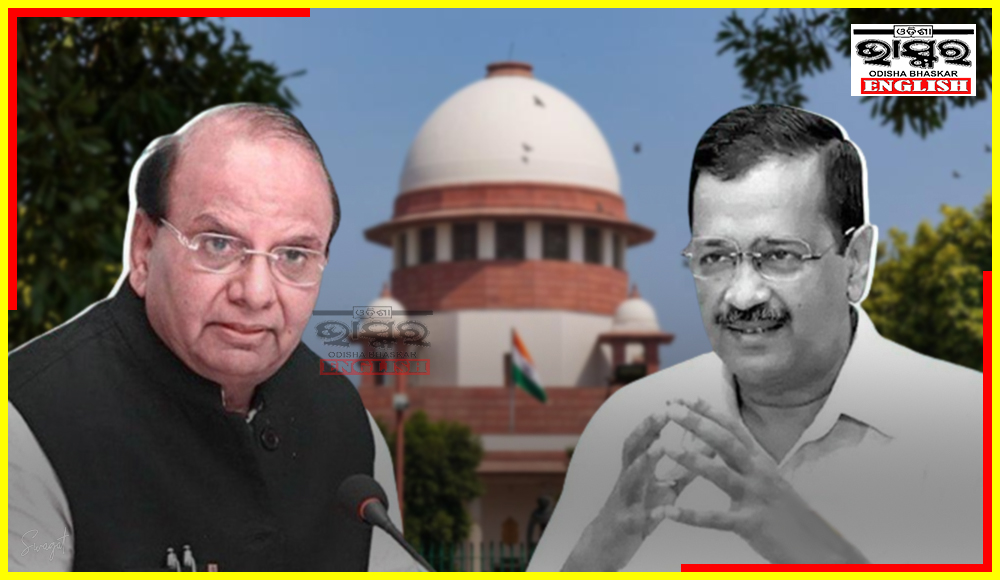New Delhi:In a significant victory for the Arvind Kejriwal-led Delhi government, the Supreme Court of India ruled on Thursday that the state government would have control over all services and officers serving under it, except those dealing with public order, police, and land.
This unanimous ruling by a five-judge constitution bench comprising Chief Justice D Y Chandrachud, Justice M R Shah, Justice Krishna Murari, Justice Hima Kohli, and Justice Pamidighantam Sri Narasimha has effectively ended the long-standing dispute between the Centre and the Kejriwal government over the issue of control over the posting and transfer of senior ranking bureaucrats.
According to the ruling, the government of the National Capital Territory of Delhi (NCTD) should have control over services except the ones excluded from its legislative domain. The judgment also made it clear that officers serving in the Delhi government were accountable to the elected government and that a democratically elected government should have control over its officers.
The constitution bench reiterated that the principle of collective responsibility extends to the responsibility of officers, who in turn report to the ministers. The judgment further stated that if the officers feel that they are insulated from the control of the elected government that they are serving, then they become unaccountable or may not show commitment towards their performance.
However, the control over services would not extend to the senior babus dealing with land, law and order, and police. The Lt. Governor shall be bound by the decision of NCTD over services apart from land, police, and law and order, but shall exercise administrative powers as entrusted by the president. The executive administration of the Lt. Governor can only extend to matters which fall outside the domain of the legislative assembly.
The bench reiterated that the LG’s administrative power is limited to the powers entrusted by the president and the same cannot mean to include the whole of administration over the NCTD. The court also clarified that the purpose of having a separately elected body in Delhi would be rendered futile if the LG exercises administrative control over the whole administration.
The court also stated that Delhi is part of an “asymmetric federal structure” and that federalism forms a part of the basic structure, protecting diverse interests and accommodating diverse needs. The NCTD, which is not a full-fledged state, is empowered to legislate on certain matters, and the Union government also has enough powers to protect its own interests, the constitution bench said.
Overall, the Supreme Court’s ruling has given a significant boost to the Arvind Kejriwal government and reaffirmed the principles of democratic governance and federalism. It has also paved the way for better cooperation and coordination between the Delhi government and the Centre, which should ultimately benefit the people of Delhi.




Comments are closed.